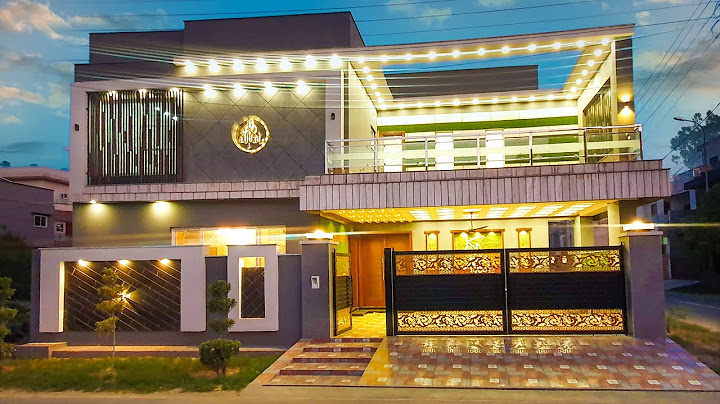 Show Renting a manufactured home can offer a solid and cost-effective dwelling space. But there’s no denying that homeownership affords many benefits that renting simply cannot offer. What’s a financially savvy renter to do if they want to take steps on the path to homeownership, but can’t afford a down payment all at once? A rent-to-own mobile home with an option to purchase might be the compromise that you’re seeking. How do rent-to-own mobile homes, also known as lease-with-option homes, work and when are they a good alternative to simply renting a mobile home? In this article on MHVillager, we’ll take a look. How Are Rent-to-Own Mobile Homes Different?Normally, paying rent on a home doesn’t bring you any closer to purchasing that property. However, in some rent-to-own agreements, part of the renter’s payments to the landlord may be used toward a future purchase of the manufactured home and/or the land. After a period of years specified in the agreement, the renter may have the option to purchase the manufactured home at either a price negotiated at the inception of the agreement, or a price based on the fair market value of the home in the future (in some rent-to-own agreements, called lease-purchase agreements, the renter may be required to purchase the home). If the renter exercises their option to buy, a portion of the rent payments the buyer has already made gives them equity in the property. Some manufactured home lenders take rental payment history and equity into consideration, which may make it significantly easier to secure mobile home financing for the remaining balance. Typically, a rent-to-own agreement may have slightly more expensive monthly rents than a standard rental lease. However, the trade-off is that renting to own can help a renter build for the future in a way that standard renting won’t. That’s why renting to own can be a great option for people who want to get on the path to owning a home but don’t have the cash for a down payment. However, there are some important caveats of renting to own that any buyer should know about before exploring their options. Things to Consider When Renting to OwnRenting to own has some special considerations to be aware of, including:
Finding a Rent-to-Own AgreementMany landlords don’t offer rent-to-own options, so it can be more challenging to find rent-to-own mobile home properties when house hunting. However, there’s no harm in asking a prospective (or current) landlord if they might be open to a rent-to-own arrangement. Just take care to ensure that the arrangement is legally sound and that you understand all of its requirements.  MHVillage offers an easier way to find a rent-to-own mobile home. Just search our mobile homes for rent listings for your target area and check the “Rent to Own” box as shown in the image above. Our industry-leading selection of rental manufactured homes can help you find the rent-to-own agreement that will help put you on the road to owning a great manufactured home. What is the smallest size double wide mobile home?What is the smallest size of double wide? Double-wides can run as low as 704 square feet or as large as 2,300 square feet.
Can I live in a mobile home?You cannot live permanently on them, some may have restrictions as to how much time you can spend there in one go. Residential parks are open all year round and you can live there permanently in a purpose built home. They do not usually allow static caravans or mobile homes to be lived in.
What is the largest double wide mobile home?The Pecan (Champion) ranks among the largest 2-section homes on the market and supports the space needs of growing families. It offers 4 bedrooms and 2 bathrooms while running 36 feet wide and 76 feet long.
Why is mobile home so cheap?Manufactured Homes and Affordability
Because they are mass produced and built on assembly lines, manufactured homes cost less to make and therefore less to buy.
|

Related Posts
Advertising
LATEST NEWS
Advertising
Populer
Advertising
About

Copyright © 2024 nguoilontuoi Inc.


















